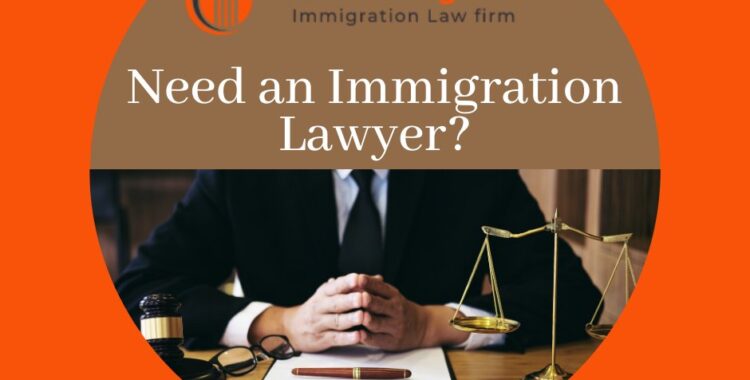Ten years’ continuous lawful residence – more news from the courts

There have been in the last few months no less than three decisions from the courts/tribunals about the ten-year continuous lawful residence route to settlement (see our previous blogs “Settlement 10 year long residence route”, 23 November 2020 and “Ten years continuous lawful residence – days outside the UK”, 7 April 2021).
Now the Upper Immigration Tribunal has added yet another case to the catalogue, called “Asif”.
Those who are keen readers of our blog will recall the Court of Appeal case called “Hoque”, late last year, which held that short periods of overstaying between visas which had been disregarded by the Home Office would not be held against a migrant applying for settlement on the basis of the long residence route. (This in fact reinstated the historical understanding.)
But this new case of “Asif” had a rather different dimension to it. In many cases periods of overstaying typically come about because the applicant submits their new application late. But in Mr Asif’s case it was rather more complicated.
He had applied in the UK to switch his visa from a Tier 4 Student visa to a Tier 1 Entrepreneur visa, but this application was refused, in September 2014. He had no right of appeal but applied to the Upper Immigration Tribunal for Judicial Review of the Home Office’s decision. The wheels grind slowly but eventually, in November 2015, the Judicial Review application was successful and he was granted Tier 1 Entrepreneur leave.
After that he was granted further periods of leave as a Tier 1 Entrepreneur and subsequently, in October 2019, he applied for settlement on the basis of ten years’ continuous lawful residence (he had been in the UK since October 2009). But this application was refused, on the basis that he had not been lawfully in the UK for the whole of that period because he had been here without leave for over one year whilst the Judicial Review matter was proceeding.
A crucially important difference between an appeal and a Judicial Review is that the former can automatically extend immigration leave whereas the latter cannot. So, indisputably, he had been an overstayer for that more than one-year period.
This of course was rather different in scale from the typical migrant, who might have an overstaying period(s) of a few days or a couple of weeks. But, on the other hand, bearing in mind that the Home Office had eventually granted his leave – and had for that matter subsequently granted him further leave – it rather looked as though the Home Office might have “disregarded” the period of overstaying within the legal meaning.
Fortunately for Mr Asif that was the way the court saw it. It held that there was not any legally substantial difference between overstaying caused by a late application and overstaying – although much longer – caused by Judicial Review proceedings.
This decision will no doubt be helpful to some migrants in future, but these issues are sometimes complicated. If you want help and advice with your ten-year long residence application we at GSN Immigration will be able to assist you.
Author
Oliver Westmoreland
OISC Level 3 Immigration Lawyer



